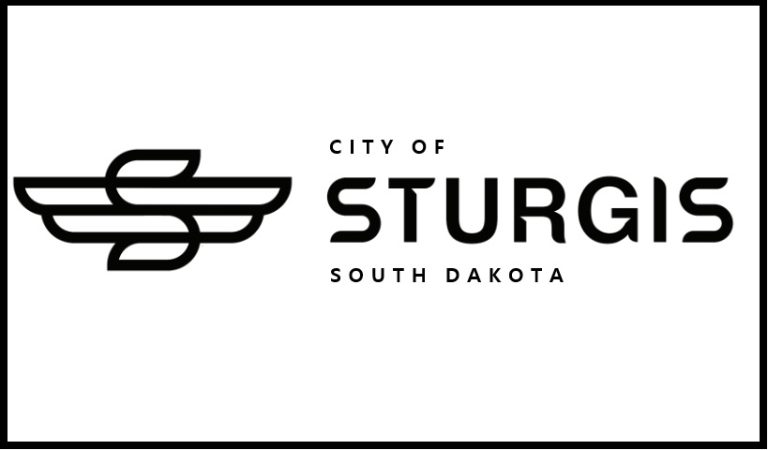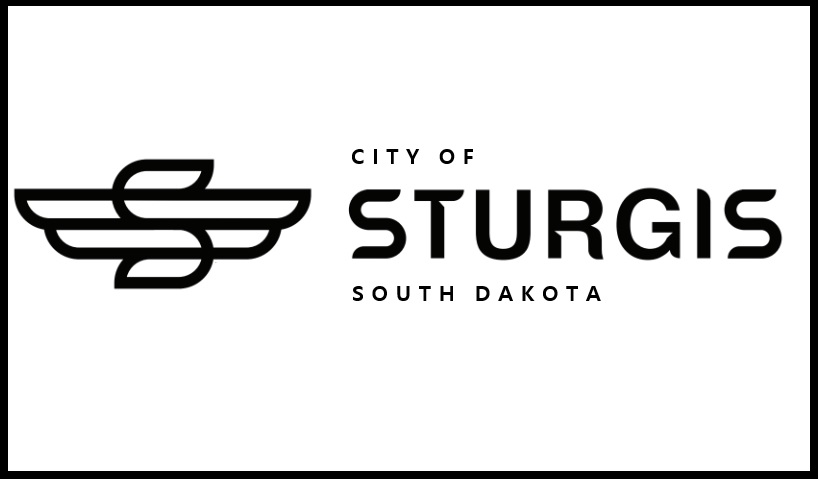STURGIS, SD – Burger King once again finds itself in the crosshairs of the agricultural community with its newest ad campaign launch. “Cow farts & burps are no laughing matter,” the company tweeted in a run-up to the announcement. “They release methane, contributing to climate change. That’s why we’re working to change our cows’ diet by adding lemongrass to reduce their emissions by approximately 33 percent.”
Burger King has introduced a pilot Cows Menu program in five cities that will feature burgers with Reduced Methane Emissions Beef. In its ad, Burger King’s central point is that it will change its cattle’s diet by adding lemongrass to reduce emissions by approximately 33 percent.
Organizations like the National Cattlemen’s Beef Association (NCBA) have expressed their disappointment in the chain’s Cow Menu launch. “America’s cattle producers are disappointed that Burger King has decided to follow this path,” said the release. “EPA attributes just two percent of greenhouse gas emissions to the American cattle industry, and yet cattle farmers and ranchers remain committed to continuous improvement and producing beef more sustainably.”
While Burger King may be the first fast-food chain to capitalize on cattle feed designed to lower methane emissions, scientists have been working on the diet of ruminant animals for decades, with the same goal of reducing emissions. Researchers have added garlic, seaweed and even tannins, among other supplements to cattle feed.
But Burger King’s lemongrass-infused feed may be of questionable value since beef cattle don’t have a single, uniform diet. And the growing of lemongrass is limited and doesn’t support all significant beef producing regions.
“The nation’s burger restaurants can, and many of them do, play a vital role in helping improve beef’s sustainability and reducing its environmental footprint,” said the NCBA release.
“Unfortunately, Burger King has chosen a different path, relying on kitschy imagery that misrepresents basic bovine biology – cattle emissions come from burps, not farts – and on the potential impact of a single ruminant nutrition study that was so small and poorly conceived, it was dismissed by many leading NGOs and beef industry experts.”
The fast-food giant insists its intentions are good – to find scalable solutions to tackle the climate impact of the food that is produced and consumed around the world. “This is all part of our beef sustainability strategy,” the release reads. “We’re improving our beef sourcing approach, promoting best practices at all levels of the supply chain, and driving creative solutions through research and collaboration.”
NCBA argues that the U.S. is already a leader in sustainable beef production. “Burger King has decided to follow a path that is misaligned with those who are already making real-world efforts to reduce beef’s environmental footprint, opting instead to score easy points with consumers by launching a misleading public relations campaign.”
Burger King doesn’t see it that way. “If we all work together as an industry to develop and adopt open source solutions (Burger King is making its data public and available to others for use) such as the Cows Menu formula, we can aim to tangibly reduce methane emissions and develop concrete actions on climate change.”
The beef patty will be used for the Whopper and all large burgers currently served at select restaurants in Miami, New York, Austin, Los Angeles and Portland. These burgers will be labeled “REDUCED METHANE EMISSIONS BEEF”, during the promotion period.
Watch Cows Menu video here.












